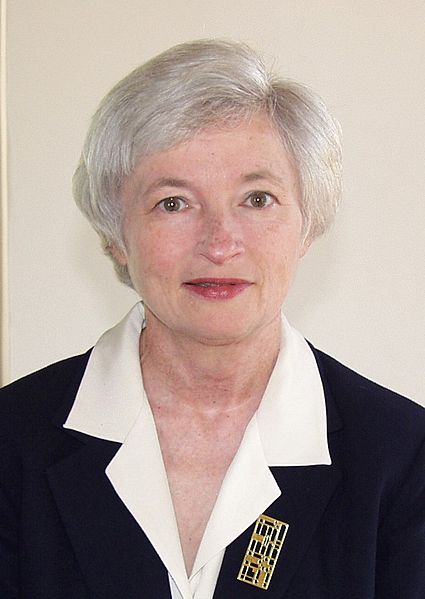It was a week of central banks’ announcements. But frankly speaking, nothing new has happened. The ECB let the rates unchanged, as did the Bank of England. Mario Draghi admitted that euro area growth is still under question, and that we may expect prolonged period of low inflation. This brings us back to the question what kind of weapon the ECB will use in the future to fight inflation, support economy and back some sovereign nations, like Spain, Italy or Portugal, which are experiencing low rates on their sovereign bonds.
The unemployment of the eurozone remains unchanged at 12.1%, as expected. The lowest rates are in Austria (4.8%), Germany (5.2%) and Luxembourg (6.1%), and the highest ones in Greece (27.4% in September 2013) and Spain (26.7%). The only surprise is that Spanish youth unemployment is (probably because statistics from Greece are delayed) higher than the Greek one and is at a stunning level of 57.7%.
Thanks to God, José Barroso has declared a victory again. The European Commission chief said that eurozone crisis is finally over. Ireland has exited from the rescue program, and Latvia has joined the euro and is now the EU’s fastest growing country. Brisk future is before us.
Not so much for France. Its attempt to introduce a 75% tax was approved by the constitutional court. But the country is facing many problems caused by very extensive social policies. One example: two managers of Goodyear Tire Company were captured and held by union workers for more than 30 hours because union workers did not agree with the closure of the ineffective company. French workers have a history of holding managers captive. Companies including 3M, Sony and Caterpillar were affected in 2009 as well. Generally, workers have not been prosecuted for holding their bosses captive, and according to the CGT union, the “two managers have been given water and still have their mobile phones”.
It seems that China Banking Regulatory Commission is fully aware of the threats of shadow banking system, which was estimated at 69% of the country’s GDP in 2012. China’s banking regulator told lenders to publish data including off-balance-sheet assets and interbank liabilities. Lenders with total assets of $264 billion or more must publish 12 indicators within four months of the end of each financial year. Watching China in 2014 will be worth your time. Why? Because the new crisis trigger could come from this country.
Venezuela is experiencing tough times. The country has a 56% official inflation rate, and the government has introduced fixed prices for some products. As a result, the country lacks certain products. The story of an ordinary taxi driver of the border town of Maracaibo tells it all. He has to drive to Columbia to buy rice, because he hasn’t seen it in the shops since July. President Maduro’s solution to the food problem is very clever. Maduro has urged citizens to abstain from “nervous buying” of imports, saying on state television on 6th January that “consumerism is an addiction that destroys the human being.” Food addiction is a serious problem.
The most important, but widely expected event from the US was election of Janet Yellen as the first woman president of the FED. Goodbye Ben, and welcome Jannet; but from the point of view of FED policy, nothing has changed, apart from the fact that Yellen could be a more pro stimulus oriented person than Bernanke. The minutes revealed that many FOMC members favoured QE tapering in `measured steps’ and most participants were more confident about job market gains. Job market has showed a decline in unemployment from 7% to 6.7%, but the economy creates only 75 k jobs, pretty below 200 k expectations, and labour force participation rate has been the lowest since 1978.



